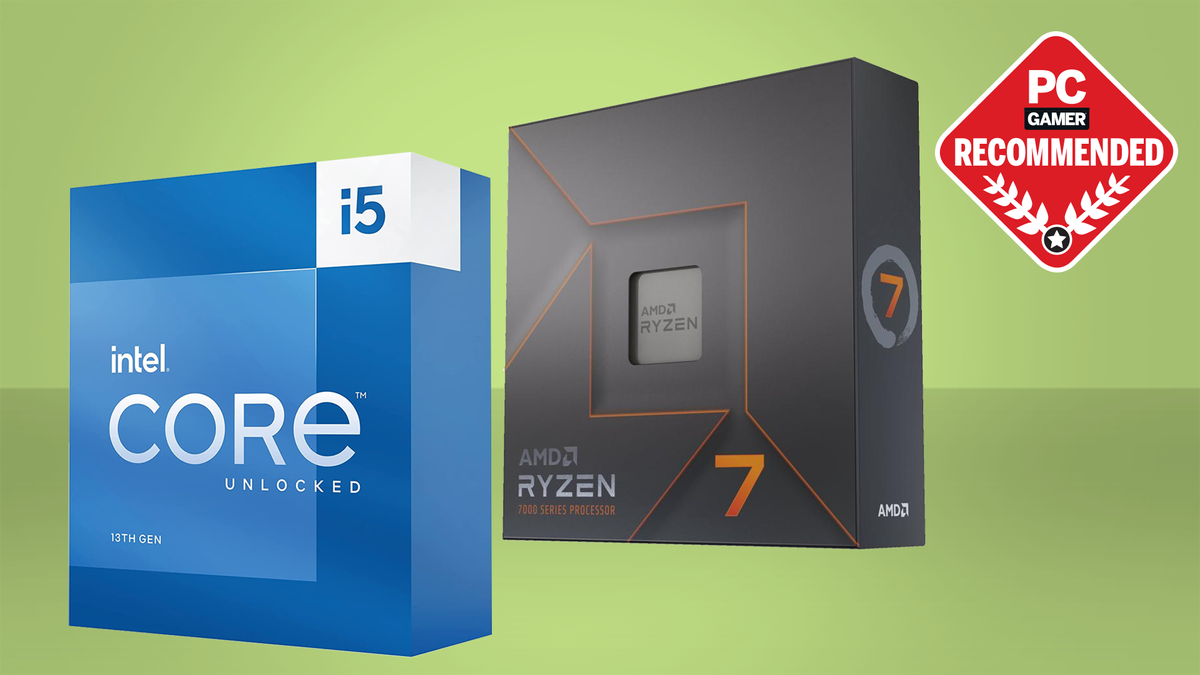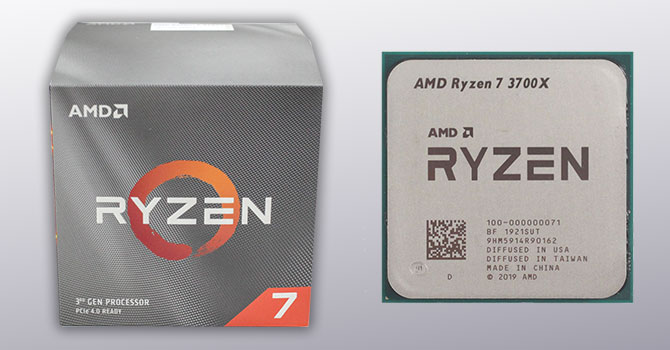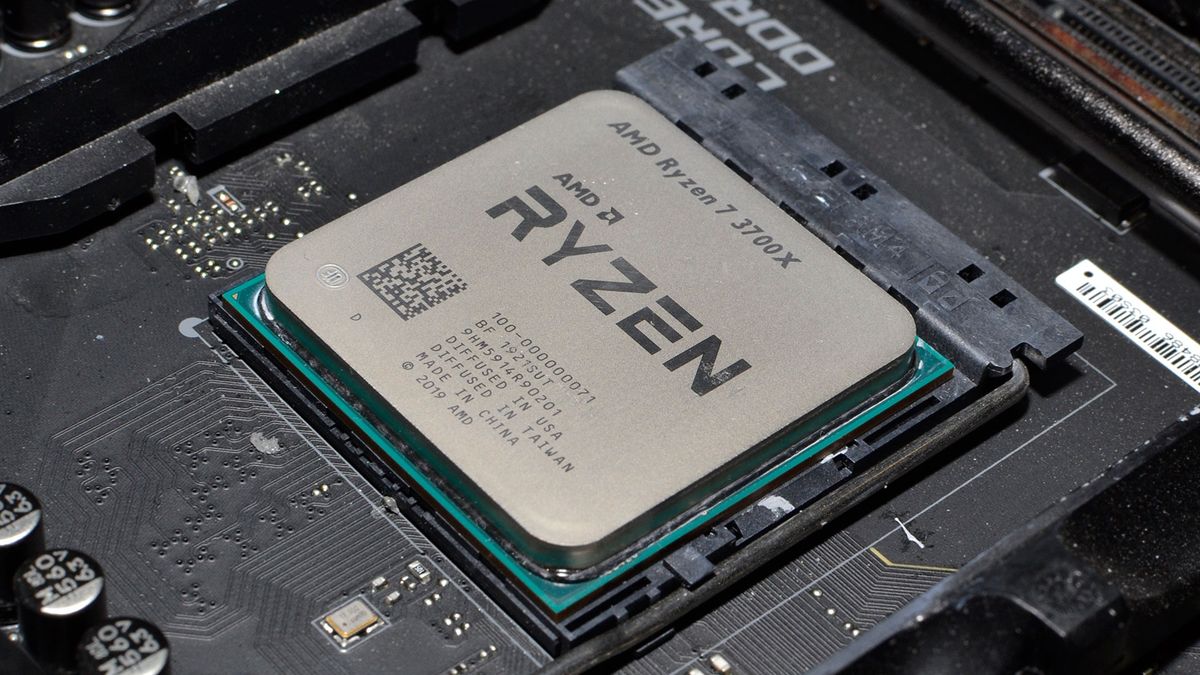Ahh yes ok I see. Again, I don't really understand how cores and threads work so I was just kinda going with the scores on that site. Obviously it's not that simple! Thanks.
In the context of CPUs, "threads" refers to how many software threads a processor can run efficiently while still seeing significant performance gains. Processors with SMT (Simultaneous Multi-Threading, also called Hyperthreading on Intel's CPUs) can run two threads on each core simultaneously, utilizing parts of the core that would otherwise be sitting idle when only a single thread is being processed on that core. When two threads are running on a single core, they won't both be operating at full speed, but in certain software that can divide a task to be split across all available threads, one might see around a 50% speedup in some cases, without increasing power draw much. It's possible for CPUs to run more software threads simultaneously than they are designed to efficiently handle, but they generally won't see significant performance improvements from doing so, and may in fact see less-stable performance in realtime applications like games, since a given core needs to keep rapidly switching back and forth between which threads it is currently processing.
I can wait! That's a good idea. Will the 5800x be much more powerful than the 3700x? What about the Ryzen 5 5600X, how would it compare?
At least going by AMD's numbers, the 5000-series processors should offer somewhere around 19% more performance per clock on average compared to the 3000-series, while also featuring slightly higher clock rates. So, it's expected that performance at CPU-limited tasks should typically be over 20% faster for a given core count, though the exact performance difference may vary significantly from one application to the next.
That applies to the 5600X too, though that processor has fewer cores/threads than a 3700X or 5800X. Most applications are not going to be making heavy use of more than a handful of threads, so for most tasks, a 5600X should be faster than a 3700X, since the extra cores will be sitting mostly idle at those times. In software that can divide a task evenly between all available threads though, I suspect the 3700X might manage to be a little faster most of the time. That's because while the 5600X may offer over 20% more performance per thread, the 3700X has 33% more threads to go around.
Most software doesn't fit into that category though, as many tasks can't easily be divided like that, but some things can. For example, relevant to video editing, a CPU-based video encoder can generally split its workload evenly across many threads, as each thread can be assigned to process a different frame of the video at the same time, with minimal communication between them. Again though, unless you are encoding video all the time and are primarily concerned about cutting down encode times above all else, lots of other software will benefit more from having more performance available per core rather than more cores.
While we'll have to wait for reviews to see exactly how performance fares in different software, I suspect the 5600X will probably be a better choice than a 3700X, at least if they are priced about the same. It seems likely that the 5600X's higher performance per core should allow it to come relatively close to the 3700X at heavily-multithreaded tasks like video encoding, while being notably faster at the more common lightly-threaded tasks. The 5800X offers both the higher performance per core compared to the 3700X, as well as the higher core count compared to the 5600X, though there's a rather large price jump over those models. While the 5800X does offer 33% more cores/threads than the 5600X, it's set to cost $450, or about 50% more. And again, if we look at performance in most common software, which won't be utilizing all of its cores, it's performance should be about the same as the 5600X, probably no more than about 2% faster judging by clock rates.




